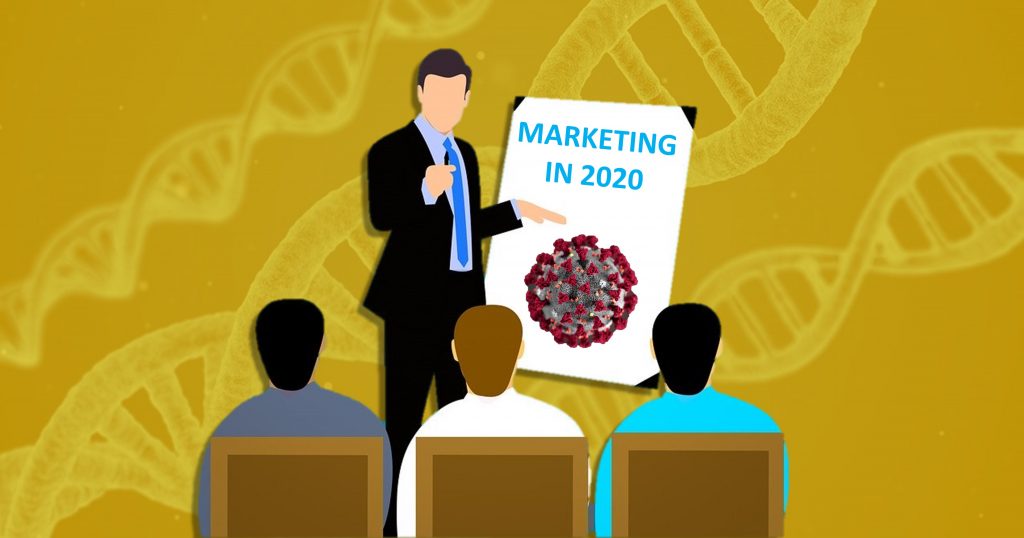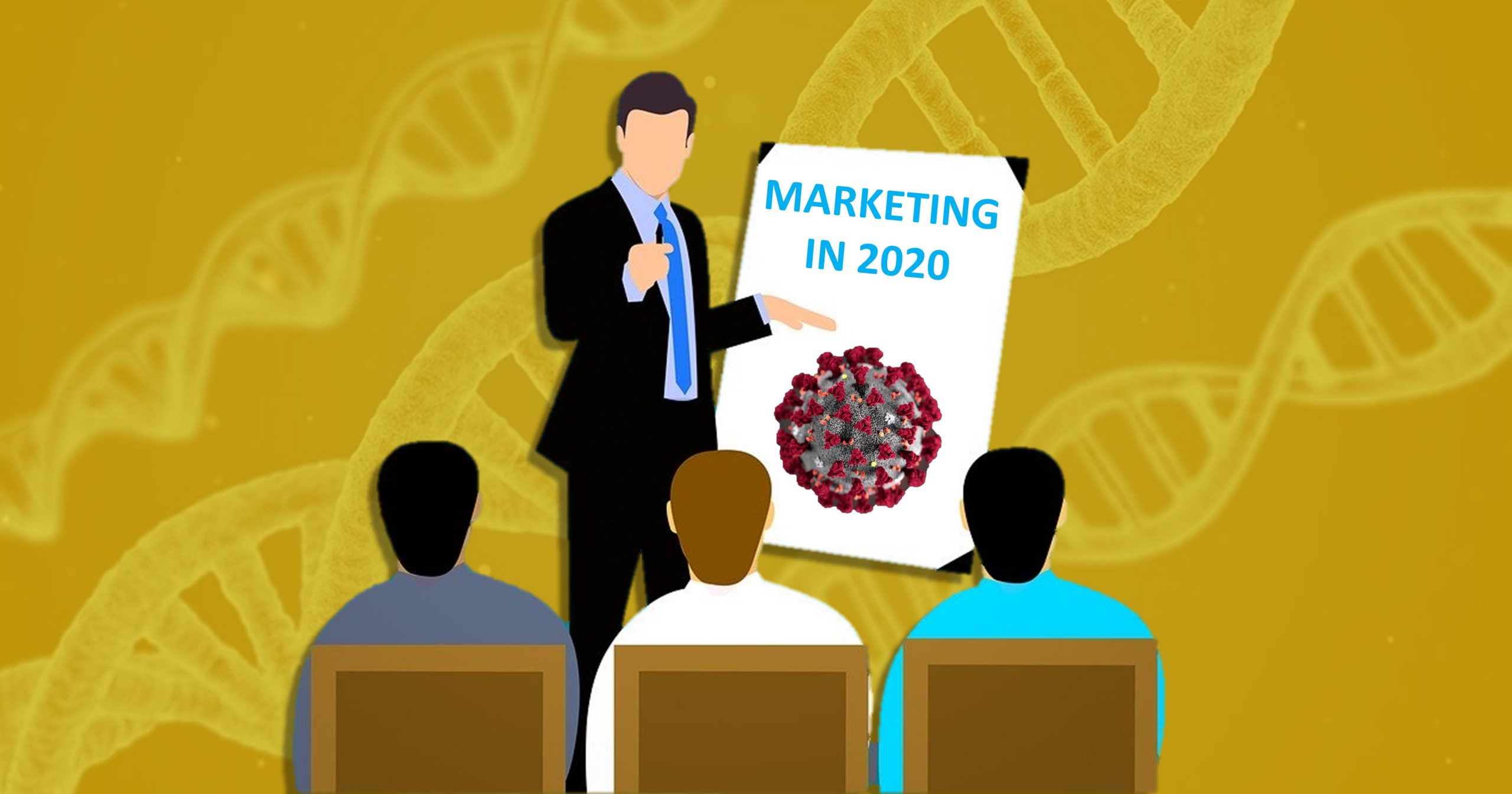
Note: this article was originally posted on S2Research.com. Click here to read the full article.
Last night, in response to the Corona Virus sweeping the globe, Governor Steve Sisolak shut down the state of Nevada. And in doing so, he said perhaps the most profound statement that any marketer can hear right now.
“Find a way to service your customers through delivery, drive through, curbside pickup or front door pickup, or close your doors.”
To catch up everyone who hasn’t been living on planet earth, a rampant disease called COVID-19 has changed the lives of virtually every human on the globe. Public gatherings are no more, businesses exist virtually or not at all, and literally everyone is either sick (thankfully a small portion with a high recovery rate) or is sitting in their homes seemingly waiting for this whole thing to pass, like a hurricane moving at the speed of a cartoon tortoise.
So Sisolak, like many Governors across the U.S., has given Nevada businesses an ultimatum:
“Find a way to service your customers through delivery, drive through, curbside pickup or front door pickup, or close your doors.”
While that’s a big statement for Corona Virus, I’ll argue the marketing industry has been painfully tackling this exact statement for years. In fact, if Sisolak had just added the word “online” to his list, this sentence could have been the big punch for any keynote presentation at any marketing conference in the country in the past five years.
It’s not new. It’s just the first time it has to be now.
We live in a fast-paced world, and demand has changed. Consumers value speed and convenience as much as quality and cost. It’s the reason why Amazon accounts for 5% of literally all retail in the U.S., why on-demand television is seeing double-digit growth year-over-year, and why almost every fast-food restaurant and fine dining establishment has reluctantly partnered with food delivery services.
Why, then, is the idea of a world going exclusively virtual and on-the-go such a challenge for so many businesses today? It’s because change is hard.
None of this is new to the business world, nor the marketing world, but many many businesses are still being caught off guard. Maybe they thought they had more time to adapt, or maybe they thought these new trends were just fads that would go away.
Maybe they were just completely blind to the need for change, though I somehow don’t think that’s it.
Like I said, change is hard, and in most cases I’ve worked with, that challenge is the biggest barrier businesses face. One way or another, though, Corona Virus has forced the hand of every business out there. For the first time ever, adapting for the sake of growth has really become adapting for the sake of survival.
Marketers need to lead the charge.
As marketers, it’s up to us to push the envelope and force our businesses, our clients, to adapt and grow into the solutions providers their customers ultimately want. And that level of solution extends beyond goods and services, and into things like speed, delivery options, ease of obtainment…basically everything necessary to fit into to the lives of the consumer.
Fitting into the lives of the consumer. If that phrase sounds familiar, it’s because that’s what marketers have had to do with virtually all forms of mass communication over the past several decades. We no longer ‘just put up ads’, but instead target across mediums, build funnels, create messaging around each funnel phase, and work to deliver a balance of awareness, persistence and under-bearing (is that the antonym of overbearing? Not sure).
What I think a lot of marketers forget is that our expertise extends beyond mass comm. We’re not just the promotions people, but the reinvent-how-we-do-business people. And I think there’s still a lot of opportunity to remind businesses that that’s what we do.

